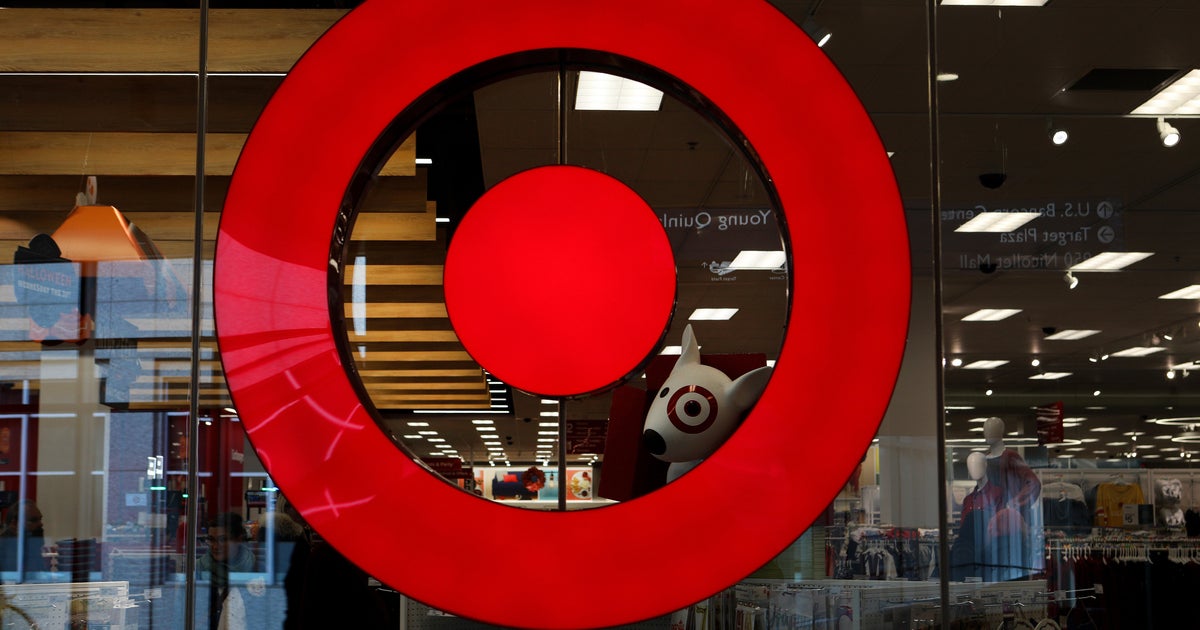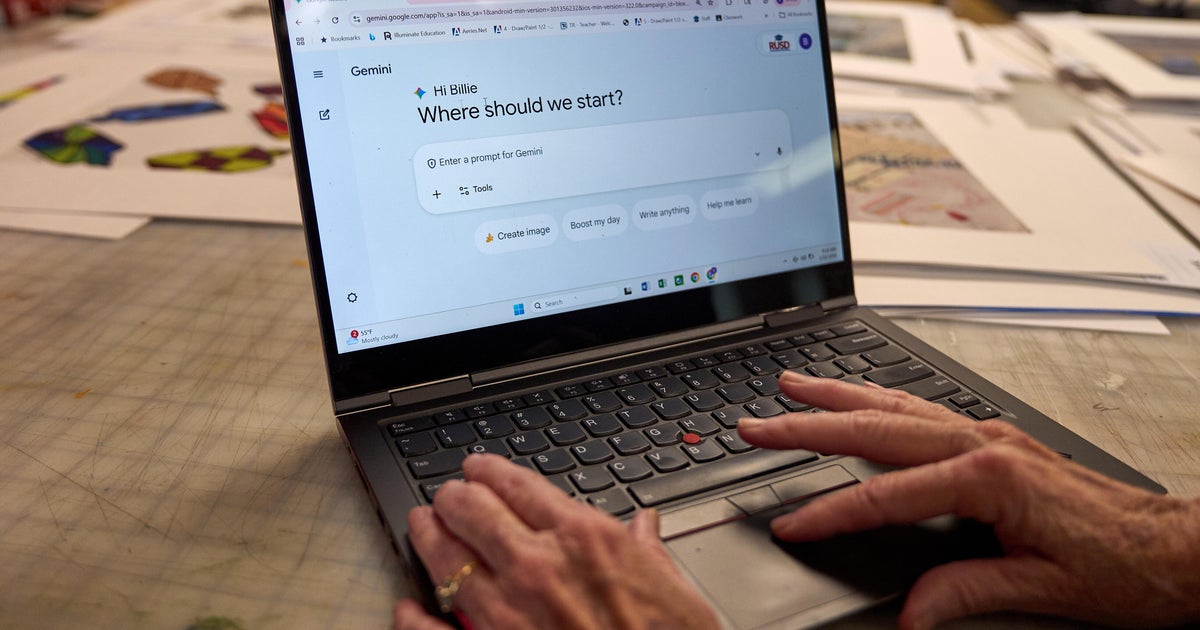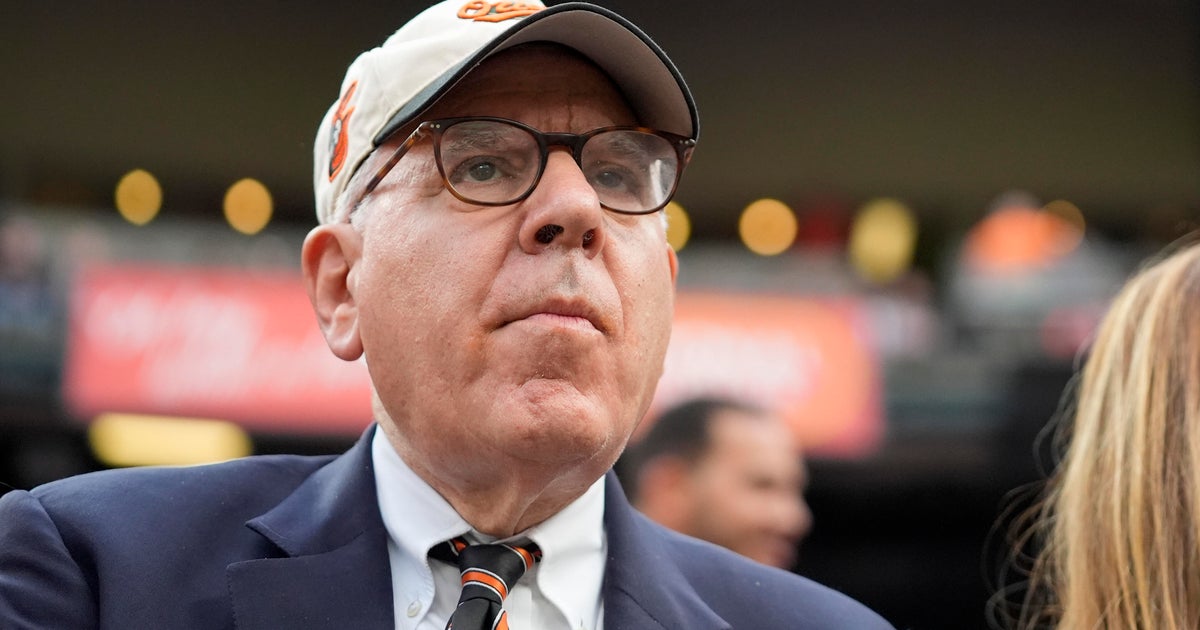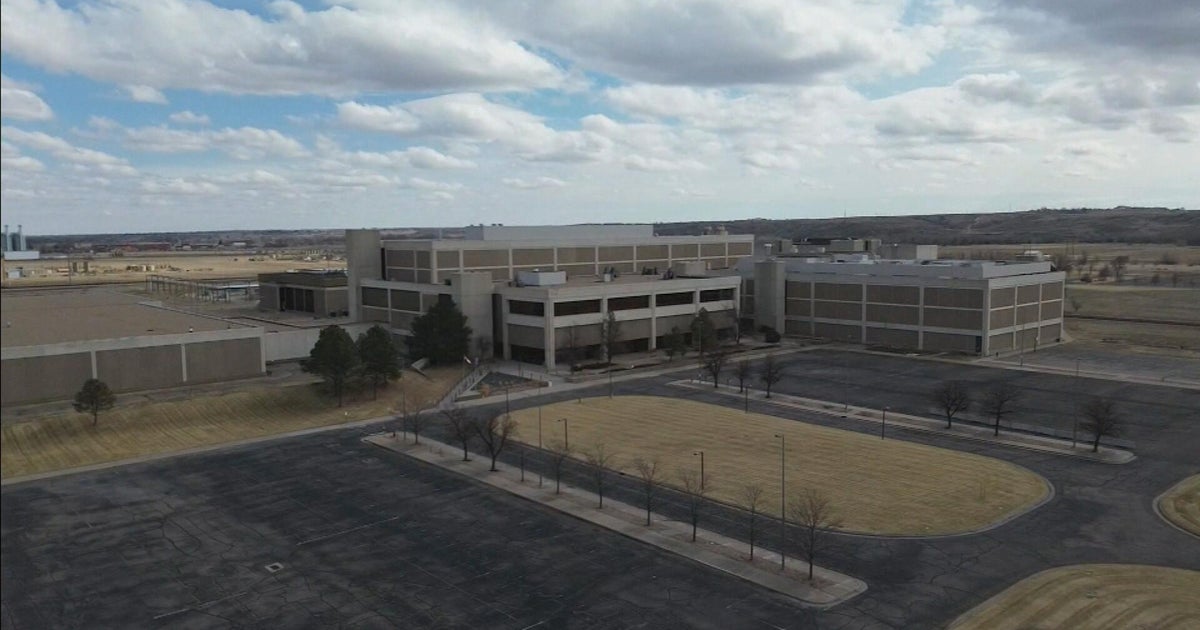Wendy's explores bringing Uber-style pricing to its fast-food restaurants
Patrons of Wendy's may soon pay varying prices for their burgers, as the fast-food chain intends to bring Uber-like surge pricing to its menu.
"As early as 2025, we plan to test a number of features such as AI-enabled menu changes and suggestive selling based on factors, such as weather, that we think will provide great value and an improved customer and crew experience," a Wendy's spokesperson told CBS News in an email.
The strategy involves so-called dynamic pricing — also known as surge pricing — which has the cost of a product or service fluctuating based on factors like rush hour and whether it's raining.
Wendy's sought to reassure customers by saying the new technology would be used to offer discounts and not to hike prices when demand is high.
"We said these menuboards would give us more flexibility to change the display of featured items. This was misconstrued in some media reports as an intent to raise prices when demand is highest at our restaurants. We have no plans to do that and would not raise prices when our customers are visiting us most," the chain stated in an email late Tuesday.
Wendy's CEO Kirk Tanner told an earnings call earlier this month that Wendy's is investing $20 million to roll out digital menu boards to all U.S. company-operated restaurants by the end of 2025.
"Beginning as early as 2025, we will begin testing more enhanced features like dynamic pricing and daypart offerings, along with AI-enabled menu changes and suggestive selling," he added. "As we continue to show the benefit of this technology in our company-operated restaurants, franchisee interest in digital menu boards should increase, further supporting sales and profit growth across the system."
Tanner, a longtime PepsiCo executive, took the helm as CEO earlier this month, succeeding Todd Penegor, who had served as Wendy's chief executive since 2016. Last year, Penegor announced a restructuring intended to speed decision-making and invest more in new restaurant development, particularly overseas.
The burger business' bleeding edge
The restaurant chain's experiment also highlights how customer-facing companies are looking to tap so-called generative AI to improve everything from ordering products online to offering personalized shopping experiences.
Wendy's rolled out its "Wendy's Fresh AI" drive-thru in several restaurants, which uses generative AI to improve the speed and accuracy of the drive-thru, the CEO said.
The spokesperson for the Dublin, Ohio-based burger chain said Wendy's investments in technology would give it "flexibility to change the menu more easily," helping to drive traffic and "providing value during slower parts of the day." Such features are also increasingly important as more fast-food customers place orders online or though apps.
"This has been around in a few industries already, but in the context of fast food, it's a new development and is pushing the technology to new places," Steven Suranovic, an associate professor of economics at George Washington University, told CBS News.
Surge pricing is uncommon, but not unprecedented, in the food and beverage industry. It was adopted by Britain's biggest pub company, Stonegate Group, which in the fall began charging about 25 cents more for a pint on weekends and evenings at about 800 of the 4,000 pubs it operates, the New York Times reported in September.
"You may end up with those surge moments when prices are higher and customers wish for the day of fixed prices, and you just knew what you were going to get," offered Suranovic. "There's a certain amount of irritation, after growing up in a world where the price is the price, and then you jump into this environment."
Airlines are a prime example of dynamic pricing and the potential frustration involved in trying to navigate different fares from one day to the next, Suranovic added. That proved to be the case for AMC Entertainment. The globe's biggest theater chain last summer dropped its plan to charge more for movie seats in prime locations, after testing the practice to negative reviews in three states.
In order to make the concept fly, Wendy's will have to emphasize their ability to lower prices at off-peak times, according to Suranovic. "It can hurt to be the first to initiate," he said. "People have options — they can go to McDonald's."
That aligns with what Wendy is planning. A spokesperson noted the technology would allow it to "change the menu offerings at different times of day and offer discounts and value offers to our customers more easily, particularly in the slower times of day."
Founded in 1969 and known for its square hamburgers and Frosty dessert, Wendy's and its franchisees operate 6,030 restaurants in the U.S. and 1,210 eateries in 32 foreign countries.
—The Associated Press contributed to this report.







